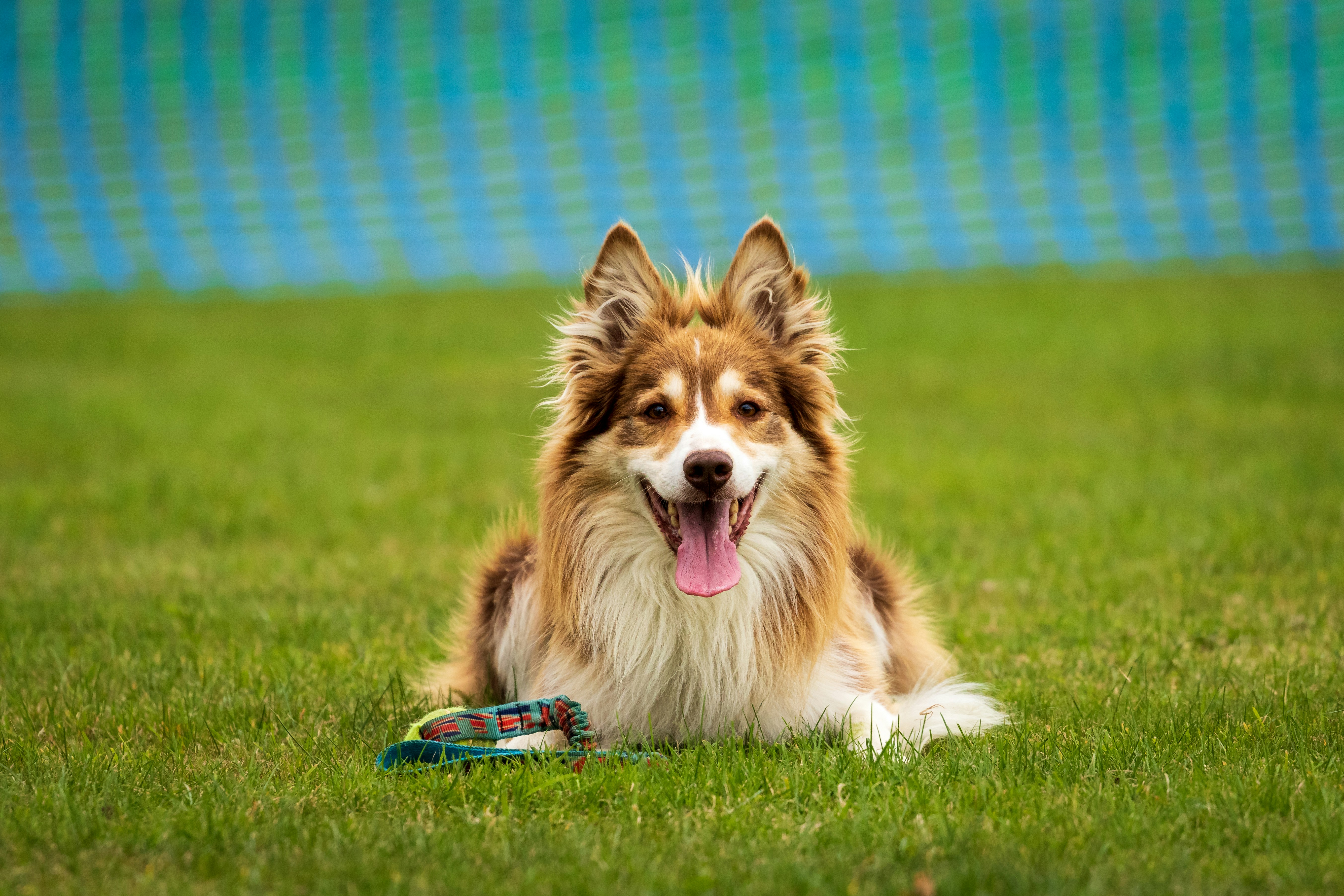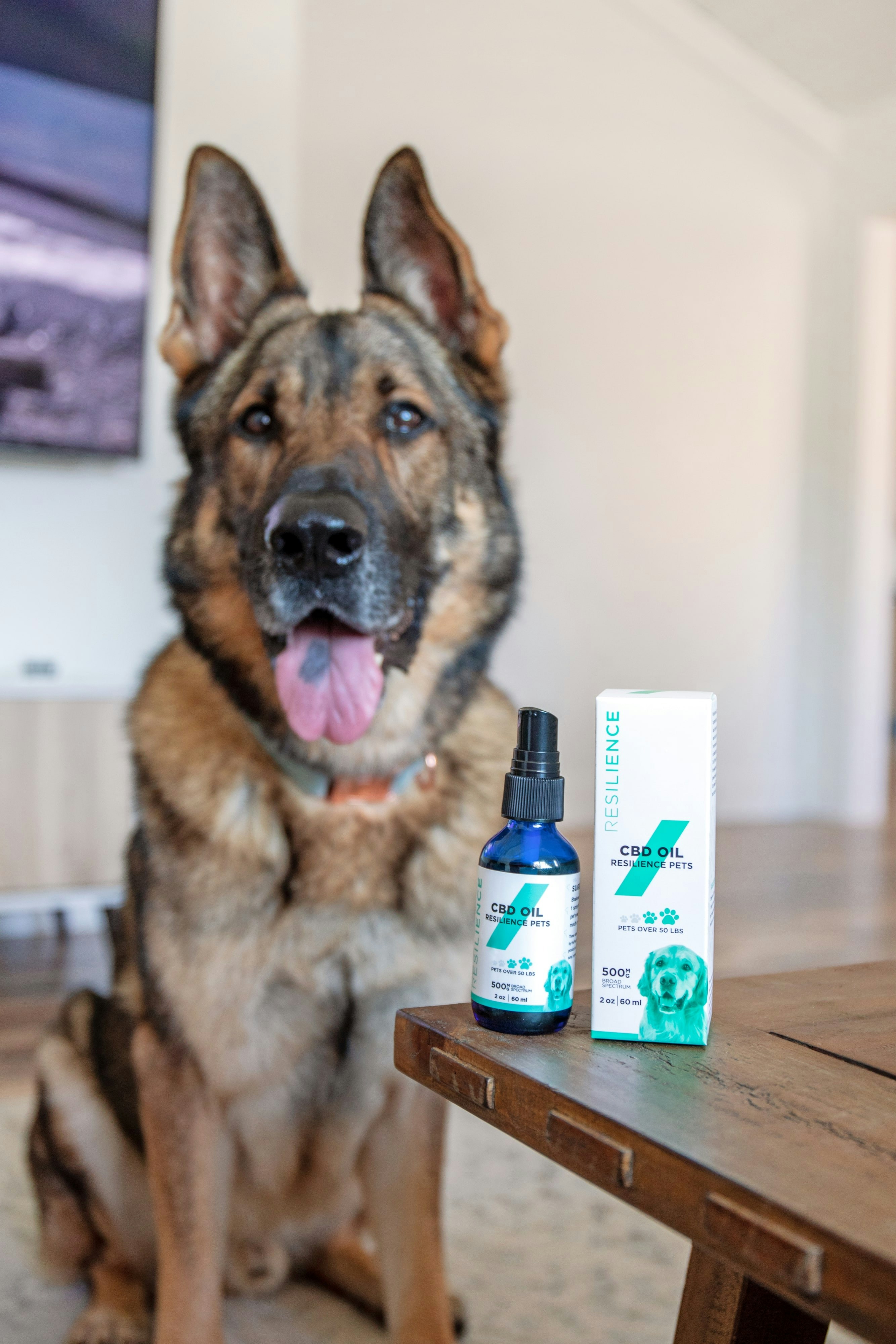The Ultimate Guide to Dog Care and Training: Essential Tips for Dog Lovers
October 13, 2024 | by prusd2066@gmail.com
 Photo by Roger Chapman on Unsplash
Photo by Roger Chapman on Unsplash Essential Dog Care Tips for Loving Pet Owners
Providing your dog with proper care is fundamental to ensuring their health and happiness. A balanced diet is key, so selecting the right dog food is of utmost importance. Dogs require a diet rich in essential nutrients, including proteins, fats, carbohydrates, vitamins, and minerals. Each dog is unique, and their dietary needs can vary based on factors such as age, weight, and activity level. Therefore, consulting with a veterinarian can help you choose the most suitable food and determine appropriate portion control to avoid obesity and ensure optimal health.
Regular veterinary care is another critical aspect of responsible dog ownership. Schedule annual check-ups for vaccinations, parasite prevention, and dental care. Vaccinations not only protect your dog from serious illnesses but also contribute to public health by preventing the spread of those diseases. In addition, being proactive about preventive measures such as flea and tick control can promote long-term health. Maintaining a clean environment is equally essential, which includes timely removal of waste and keeping your dog’s living space tidy.
Grooming is essential not only for aesthetic reasons but also for your dog’s physical well-being. Regular brushing helps reduce shedding and promotes a healthy coat by preventing matting and skin issues. Depending on your dog’s breed and coat type, grooming needs may vary significantly. Establishing a grooming routine, including baths, nail trimming, and ear cleaning, can contribute to your dog’s comfort and hygiene. Moreover, exercise and mental stimulation are crucial components for a happy, well-adjusted dog. Regular walks, playtime, and interactive toys can help fulfill both physical and mental needs, fostering a deeper bond between you and your canine companion.
Effective Training Techniques Every Dog Lover Should Know
The foundation of successful dog training lies in effective techniques that promote both learning and bonding between the owner and the pet. One of the most widely endorsed methods is positive reinforcement. This approach rewards desired behaviors with treats, praise, or playtime, thereby encouraging the dog to repeat those actions. For instance, when teaching basic commands such as “sit,” “stay,” and “recall,” dog owners should consistently reward their pets immediately after they perform the desired action. This reinforces the connection between the command and the positive outcome, making the learning process enjoyable for both parties.
Establishing a routine is equally vital in dog training. Consistency helps dogs understand what is expected of them and when certain behaviors should occur. For example, scheduling regular training sessions at the same time each day can enhance learning. Also, setting clear boundaries is crucial; dogs thrive when they know their limits. This can involve defining specific training areas and using commands to guide the dog’s behavior during these sessions.
Socialization is another key component of effective dog training. Introducing your dog to various environments, people, and other animals while they are still young can significantly improve their interaction skills and comfort levels. It is important to approach socialization gradually, ensuring positive experiences to prevent fear or aggression towards unfamiliar situations.
Common behavioral issues, such as excessive barking or jumping on guests, can often be addressed through training. For barking, identifying the triggers and teaching the command “quiet” can be effective. For jumping, instructing the dog to sit when greeting people can redirect their energy positively. By employing these techniques, dog lovers can navigate training challenges, resulting in a well-mannered and content canine companion.
RELATED POSTS
View all


